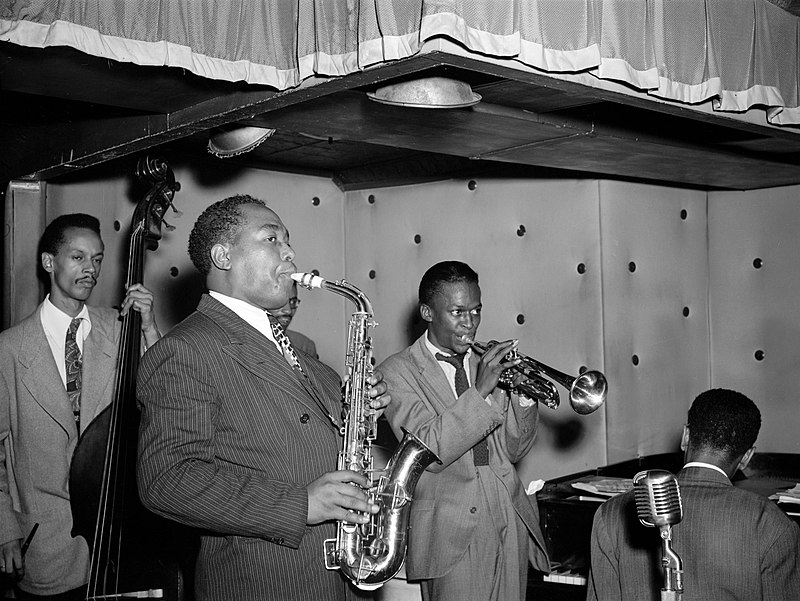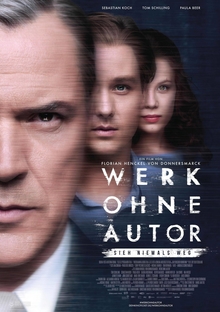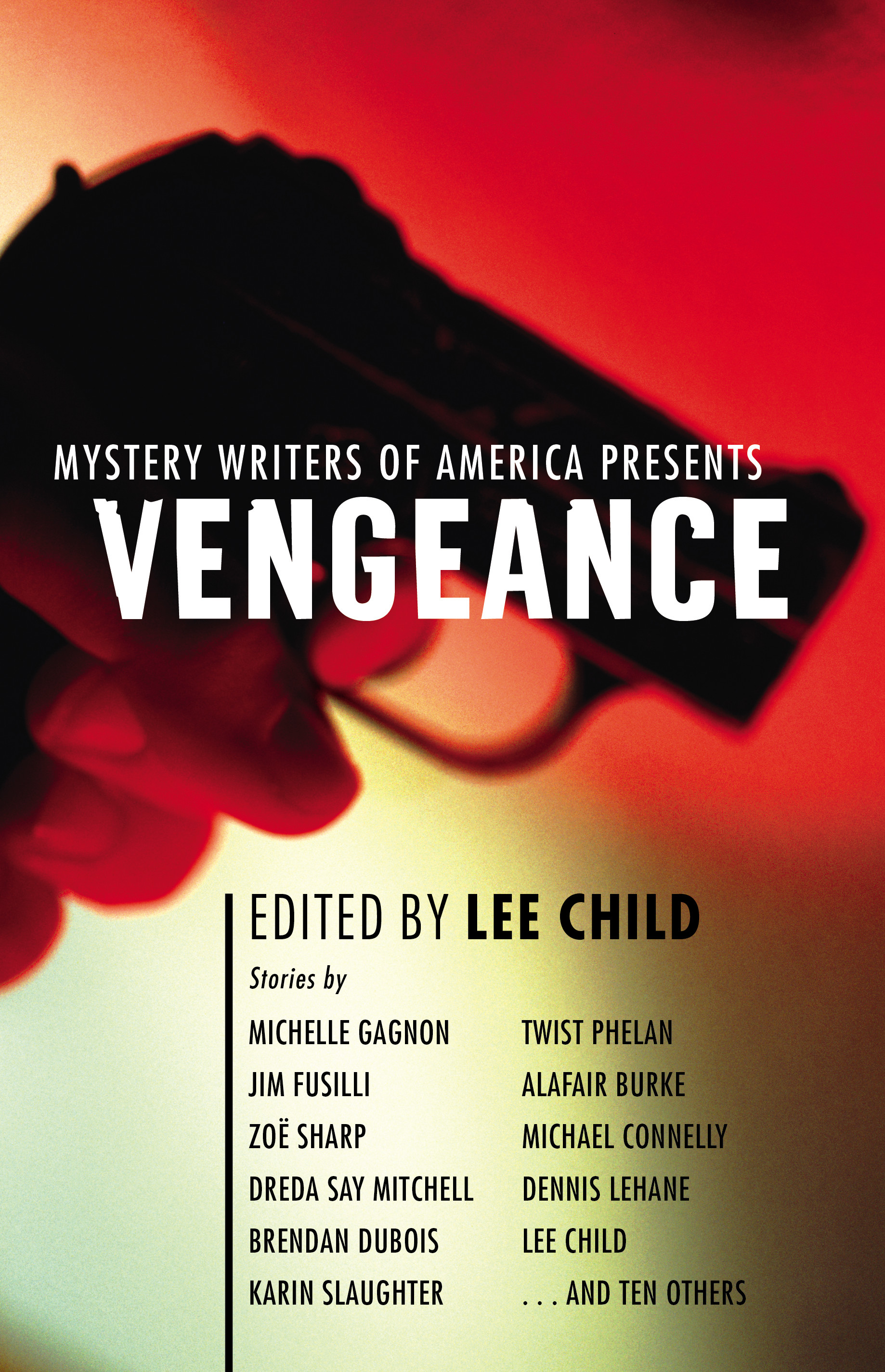Call me nuts, but I feel that as authors have learned to do more of the publicity and marketing, the more professional publicists and marketers at various houses have unlearned their jobs. A few years ago I was stunned to hear a freelance publicist—someone one of my ghostwriting clients had hired to help him promote his new book—say with utter seriousness that it was hard to get a journalist to return her phone calls. If you’re charging an author $100 a hour, you shouldn’t be telling them how hard it is to do your job, nor raising the faint possibility that other professionals don’t take you seriously.
But that’s the world we live in. Twenty years worth of publicists in the book business believe that they have fulfilled their responsibilities once they have fired a press release into the ether. They never need to get a response to succeed at their job or collect a paycheck. They just have to email it. Which is wonderful, if you have been trained to do your job without ever picking up the phone.
Now, thanks to the crazy apocalyptic world situation, the world’s book publicists and marketers are about to unlearn even more of their jobs. Authors of all stripes are trapped at home, unable to do even the most basic of book tours. They can’t visit bookstores or libraries. They can’t do those book lunch things that local authors are always being invited to do. (“We can’t pay you, but you can sell copies of your books—and we give you a boxed lunch!”)
So authors are turning to the next best thing. It was already fairly easy to do Skype visits with far-flung book groups. Now virtual events via Skype, Zoom, or Crowdcast are becoming the norm. I had my doubts that a virtual event would bring in crowds, but I realize now that I’m jaded, and prejudiced in favor of live bookstore events. When my wife recently told a friend in Boston about a virtual bookstore chat an author friend of ours was doing for her nonfiction book, Boston Pal became excited to share this with her friends via social media. “Everyone’s crawling the walls,” she said, “and they are desperate for things to do while the kids are watching TV.”
This is probably something I don’t appreciate since I don’t have kids. But virtual bookstore visits and chats are really helping book lovers right now cope with the weirdness of enforced family time.
Here’s what I’m also realizing: The potential is there for authors to reach an even bigger audience than they ever could before. Back in the day, when my wife’s publicists put together her book tours, they’d be very selective about which stores they sent her to. Some stores could be relied upon to sell lots of books, but they didn’t have the floor space to host a visiting author. Every Big Five publicist who books authors knows which stores have the space or the resources to book a larger one, and they steer their top authors to those stores almost exclusively.
But these days, literally any entity—big, small, or in-between—can host an author if they have access to a Zoom account. So book tours in 2020 are limited only by the patience of the author. How many days, afternoons, or nights are you willing to sit in front of your computer and talk about your book? Can you team up with other authors to present an hour of readings, à la Noir at the Bar?
Here is what these authors are learning: They’re learning how to present themselves in front of a camera, which is a different animal than doing a live performance. Some are learning how to set up a camera, and record and edit videos on their own.
I saw two videos recently—from well-known authors in the mystery genre—that showed me just how much the publishing world is changing. The first one appeared in my Instagram feed, marked “Sponsored,” which is code for advertising.
Who was this author who was advertising on Instagram? John Freaking Grisham. I’m linking to his videos here, in case Blogger decides to stop embedding Instagram videos. In the one I’m sharing here, Grisham talks about his writing shed from the backyard of his home in central Virginia. In subsequent videos, he’s speaking to us direct from his garage. And he’s openly telling his fans that he’s “hiding on the farm.”
The videos are not high-tech, not slickly produced. And why would they be? Like everyone else confined to their home these days, Grisham cannot risk having an army of filmmakers traipsing through his house and yard. He’s shooting these chats himself, and possibly passing the footage on to someone else to edit them for him. But I kinda doubt it.
David Hewson, author of the Nic Costa mystery series and other books, has always impressed me with his technical skills. Two of his self-pubbed books teach writers how to use the word-processing software, Scrivener and Ulysses. One of the videos on Hewson’s recently launched YouTube channel employs slick animation to discuss the principles of storytelling.
Recently I stumbled upon this video of Hewson’s, promoting his newest book, Shooter in the Shadows, and found it utterly delightful.
That’s all I’ll say about it. I don’t want to spoil it for you.
“Tough times in the writing business,” Hewson told me via email from the UK, “but my feeling is you have to do what you can to stay out there. It’s a real problem how to keep in touch with people at the moment...”
Just watch a few minutes of Hewson’s video, and see if you aren’t charmed at the notion of a writer walking around his neighborhood in Kent, wielding a selfie stick and talking about his book. Notice how the humorous asides break up his monologue, and how he manages to make his protagonist’s dilemma feel compelling. He knows his plot well, and he knows just how to hit the points that will resonate with mystery fans. This is a book I would definitely read. And I’m not too sheepish to say so. Pun intended.
Bottom line: If Hewson and Grisham are doing it, maybe I gotta try it too. Stay tuned.
























